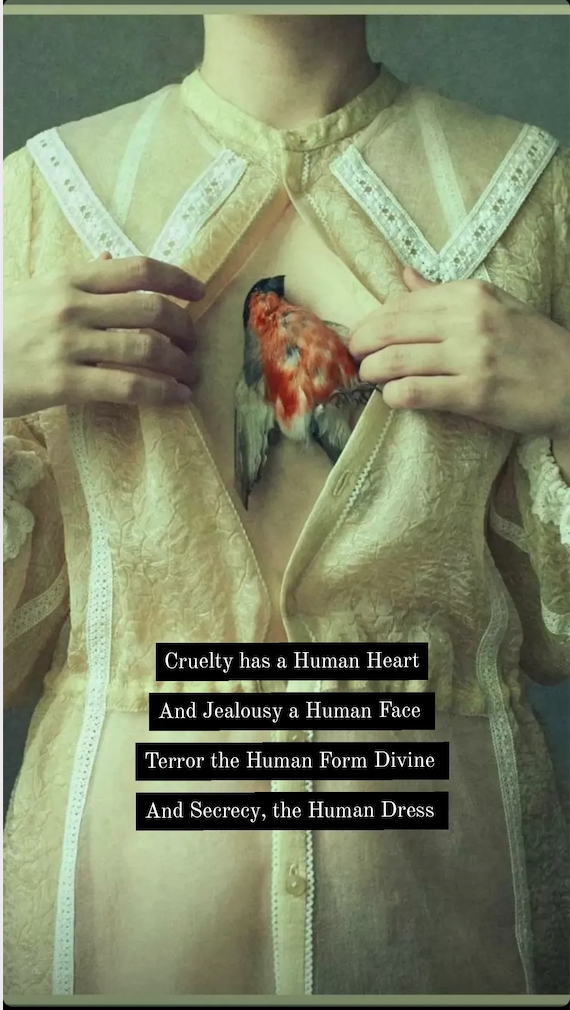The first thing one discovers when reading this work is that it is not a traditional novel. It reads more like a travelogue or a meditation on the peculiar magic and mystery of place. The Passage de l’Opera seems to serve as a repository of memories, desires, fashions, etc. His meticulously detailed descriptions of cafes, salons shows the inventiveness of the author’s mind by bringing out the beauty and strangeness in a not so ideal and often mundane existence. Aragon tells us in the preface that he is “already twenty-six years old” and asks if he is still “privileged to take part in this miracle?”. He answered his own question by writing this work which offers a different theoretical framework for experiencing the world.
Someone might wonder what is the point of such a work? And why should such thoughts and odd musings be considered worth it?
I would say that his thoughts are worth it, because they show us the power of the human imagination that is often lost as we age. His philosophizing also implores the readers to venture into new territory and sometimes the surreal and imagined offers a far greater substance than what is perceived by the faculties of sense and reason. Aragon combines philosophy, poetry, travel, mythology into something that seems to defy catogorization.
In a nutshell: Aragon has taken two disparate spheres – that of the real world, as revealed through his senses, and that of the imagination – and now seeks to elucidate his vision of a city whose people and passages conceal a rich subconscious that can be glimpsed only by the most open-minded viewer. Tired of resorting to abstract fancies to understand the world, he resolves to trust in the imaginative arrangement of his immediate sensory input, “then, without feeling reluctant any longer, I set about discovering the face of the infinite beneath the concrete forms which were escorting me, walking the length of the earth’s avenues”.
Finally, I must say that the work did not feel at all “surreal” to me. I also found the first part to be the best part of the book. I found the second part to be less specific and realistic and the last part basically is a long stream of consciousness dealing with everything and in part self-referential and critical of the book as a whole and the reader, but not in a necessarily condescending way. It is certainly an intellectually stimulating work and a must read for anyone studying Surrealist literature and wanting to learn more about the movement.

I agree with you that the first part of the book superceded the second. I also enjoyed the self-referential third part, finding that it tied it all together and put a clean conclusion on his musings in the first part of the book.
So well written! To answer your question, I think this work is important because it paves way for admiration of the mundane, the broken and the things that are in the process of becoming destroyed in pursuit of the “promising” future.
-Astha
Hi Noor! Thanks for your post. You mention here that Aragon’s text did not feel at all “surreal” to you. I wonder if, after our in-class discussions, you have either a different feeling from the text, or perhaps a different understanding of the surreal.
I also must admit, your great question in the chat about how Aragon might feel about Daylight Savings (Time Change) has been spinning around in my head for a few days…
Hi Noor,
Aragon’s depiction of the salon stood out to me as well. It made me feel like I was taking my own experiences for granted as I’ve never thought of going to the salon as such an artfully orchestrated event. To answer your question, I think that his combination of hyperreal descriptions with the mythicism of his imagination classify this work as surreal. This novel was published around the time of the modernist movement, wherein creators of all kinds were pushing on experimenting and creating the ‘new’. You have great insight. Thank you for sharing!
Hi Noor, I agree with you that the first part of the novel definitely kept me more interested than the end of the book. I think that the way the author approached surrealism throughout the text definitely would benefit someone wanting to learn about the movement.